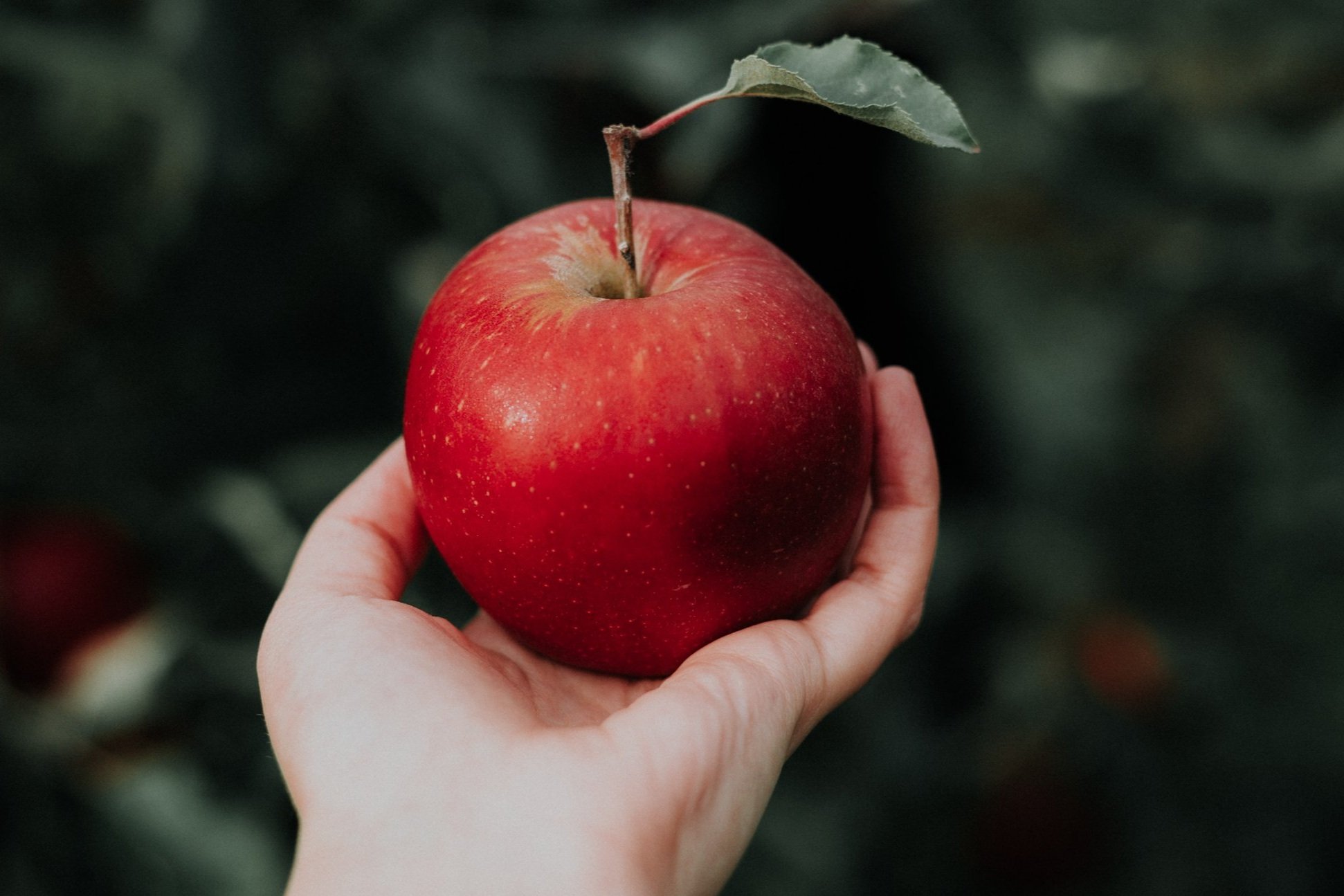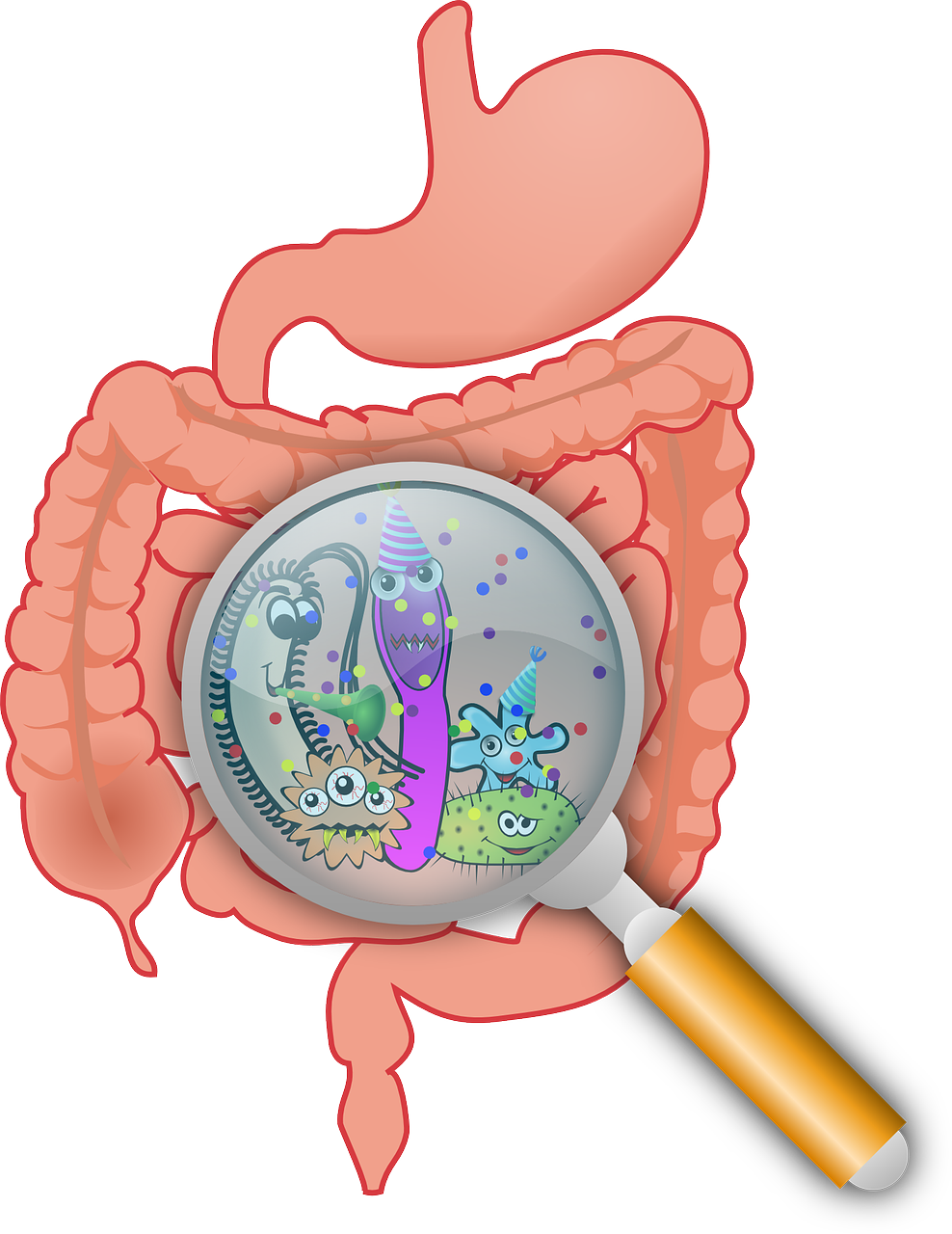Foods that Promote Healthy Gut Bacteria & Improve Digestion
A healthy gut and improved digestion are key components of overall well-being. Diet plays a major role in how we maintain our digestive health, and the foods we eat can have an impact on both the types of bacteria present in our microbiome and how well our bodies digest them. But what foods should you incorporate into your diet if you’re looking to promote healthy gut bacteria?
Diet for gut health
Some food recommendations promote a healthy balance of bacteria in their gut as well as improved digestive health. Leafy greens, cruciferous vegetables, and fruits are all excellent additions to any diet. These foods are known for their high fiber content which promotes regularity. Other gut-friendly foods include seeds, nuts, legumes, grains, and fermented items like miso or tempeh. Additionally, consuming plenty of water throughout the day helps maintain regularity and keeps the digestive system functioning optimally.
A diet that incorporates high-fiber foods, prebiotics, probiotics, and plenty of water can be highly beneficial for good gut health. It helps foster a balanced microbiome while also promoting better digestion. When these components are combined with an overall healthy lifestyle, the results can be long-lasting and often life-changing.
Having a diverse diet rich in vitamins, minerals, antioxidants, probiotics, and prebiotics helps to keep the gut microbiome healthy and balanced. Adding in fruits and vegetables of different colors ensures that you’re getting a wide variety of nutrients. Including fatty fish in your diet is a great way to improve gut health and digestion. Fatty fish like salmon, sardines, and mackerel are high in Omega-3 fatty acids which act as natural anti-inflammatory agents. They have been shown to reduce gastrointestinal inflammation, improve overall digestive function, and support immune health.
Fiber foods
Some high-fiber foods for gut health include:
Oats
Bananas
Apples
Leafy greens like spinach, kale, and collard greens
Cruciferous vegetables such as broccoli, cauliflower, and Brussels sprouts
Seeds and nuts such as flaxseeds, chia seeds
It helps good bacteria to flourish while also keeping you regular. The insoluble fiber in these foods also helps promote better digestion, which can reduce symptoms of digestive problems.
Processed foods like white bread, pasta, and sugary snacks can disrupt the gut microbiome. These types of food items are low in fiber and often contain added sugar which can decrease good bacteria levels and lead to digestive issues. Try to limit or avoid processed foods when possible.
Food intolerances
Paying attention to food intolerances is key to gut health. For those with gluten sensitivities or allergies, it is important to pay close attention to what they are eating. Those with gluten intolerance should not consume grains such as wheat, barley, and rye. In addition, artificial sweeteners and certain types of additives should be avoided as much as possible as they can disrupt the gut microbiome and digestive health. Garlic cloves can also cause problems in those who are sensitive to them. Garlic can produce a variety of reactions like gas, bloating, and abdominal cramps due to its sulfur compounds. It’s best for those with garlic sensitivities to avoid eating it raw or cooked.
Fermented foods
Probiotic Foods
Probiotic-rich fermented foods are excellent for gut health. Fermented milk, foods like yogurt, and Kefir are packed with good bacteria that help to promote healthy digestion and gut health. Fermented cabbage, such as sauerkraut, is great for adding probiotics to your diet. Kimchi is a fermented spicy cabbage dish that can provide your gut with good intestinal bacteria, as well as offer some health benefits like reducing inflammation. Tempeh is another probiotic food that is a great source of plant-based protein, fiber, and vitamins. It also contains beneficial bacteria to help support the gut microbiome and improve digestion.
Prebiotic foods
There are indigestible fibers found in foods such as:
oats
bananas
apples
They help to boost the beneficial intestinal bacteria. On the other hand, probiotics are live microorganisms that help maintain a healthy balance of bacteria within our digestive system. Both prebiotics and probiotic foods have beneficial effects on gut health, as they help to nourish good bacteria while also improving digestion. Furthermore, incorporating these types of food into your diet can reduce the risk of digestive symptoms such as constipation, bloating, and cramping.
Getting the nutritional needs of our gut microbiome can have a positive impact on both gut health and overall well-being. A balanced microbiome is essential for optimal digestion, as it allows your body to absorb nutrients more effectively while improving digestive functions. Furthermore, having a balanced microbiome can help regulate hormones, boost immunity, reduce inflammation, and even improve mood.
Gut bacteria
Healthy microbiome
The microbiome is made up of millions of bacteria, both good and bad. Beneficial intestinal bacteria play an essential role in digestive health and overall well-being. These bacteria help break down food particles, extract nutrients from our diet, regulate inflammation, and even produce vitamins.
Good bacteria aid in breaking down food particles, extracting nutrients from our diet, and producing beneficial vitamins like vitamin K2. Additionally, these good organisms help regulate inflammation and keep bad organisms at bay.
The gut microbiota is made up of both beneficial and harmful organisms. Beneficial flora helps keep our digestive system functioning properly while also supporting good health throughout the body. The gut lining, or intestinal wall, is an important barrier between the inside of our digestive system and the outside environment. It helps to protect us from harmful substances and microorganisms that enter through food or drink. Intestinal permeability, also known as leaky gut syndrome, occurs when there are disruptions in the gut lining caused by certain lifestyles. Taking steps to nurture and maintain a balanced microbiome is an essential part of achieving and maintaining optimal gut health.
Meal Planning
One way to ensure you get the right balance of gut-friendly foods is to plan meals that include both probiotics and prebiotics. A hybrid diet, which combines both plant-based foods and animal proteins, can provide a great source of essential nutrients while also promoting a balanced intestinal flora. This type of meal planning can help reduce digestive issues by providing your body with the necessary nutrition it needs for optimal digestion. On-the-go options such as smoothies or snack bars are also great for incorporating gut-friendly ingredients for a quick snack.
A gut-health diet can have a significantly positive impact on overall well-being. By making smart food choices, you can help to promote good flora growth while also improving your digestion.
Diet diversity is key, so try to incorporate a variety of gut-friendly foods into your meals and snacks. Also, foods rich in polyphenols, antioxidants, and other beneficial compounds are great for gut health. A diet for gut health can be achieved by harmonizing your diet with gut-friendly foods, which will improve digestive health and overall well-being.
Hydration
Staying hydrated is also incredibly important. Drinking plenty of water throughout the day helps promote regularity and keeps the digestive system functioning optimally. Additionally, herbal teas such as ginger, peppermint, and chamomile are all beneficial for gut health. Is recommended to drink at least 6-8 glasses of water per day. Some good tips to stay hydrated include setting up a water bottle by your side and using apps to remind yourself to drink water. Some foods high in water content that can help boost your hydration levels include cucumbers, celery, and watermelon.
Healthy Lifestyle
In addition to diet, an overall healthy lifestyle is essential for gut health. Diet and lifestyle go hand in hand, so it’s important to make sure that you are eating nutrient-rich foods, exercising regularly, getting enough sleep, and managing stress. These tips can help you maintain good digestive health while promoting a balanced microbiome. Exercise helps to stimulate the digestive system while also reducing stress, which can have a positive impact on gut health. And getting enough sleep is essential for keeping your microbiome in balance and promoting better digestion.
The recommended sleep duration can vary from person to person but it is generally recommended that adults get 7-9 hours of sleep per night. And managing stress is also important for gut health as it helps to reduce inflammation and promote a balanced microbiome. Engaging in relaxation activities such as deep breathing, yoga, or spending time outdoors can be beneficial for overall well-being. These strategies for gut health can have a positive impact on overall health, including reducing the risk of heart disease and improving mental health.
Conclusion
Diet is essential for overall well-being; incorporating these gut-friendly foods can help you achieve optimal digestive health. What you eat plays a major role in your body’s ability to break down foods properly, absorb nutrients, and maintain regularity. A balance of good flora helps maximize digestive system efficiency, and these gut-friendly foods are great additions to any daily nutrition.
At Fruition Nutrition, Ary is a registered dietitian who specializes in providing personalized dietary advice that focuses on healing the gut and improving digestion. With her help, you can find the right balance of prebiotics and probiotics in your diet so you can reduce symptoms associated with digestive system issues and start feeling better overall. Founder Ary takes an all-natural, holistic approach to help people heal their gut and improve digestion. Contact us today to learn more about how we can help.








